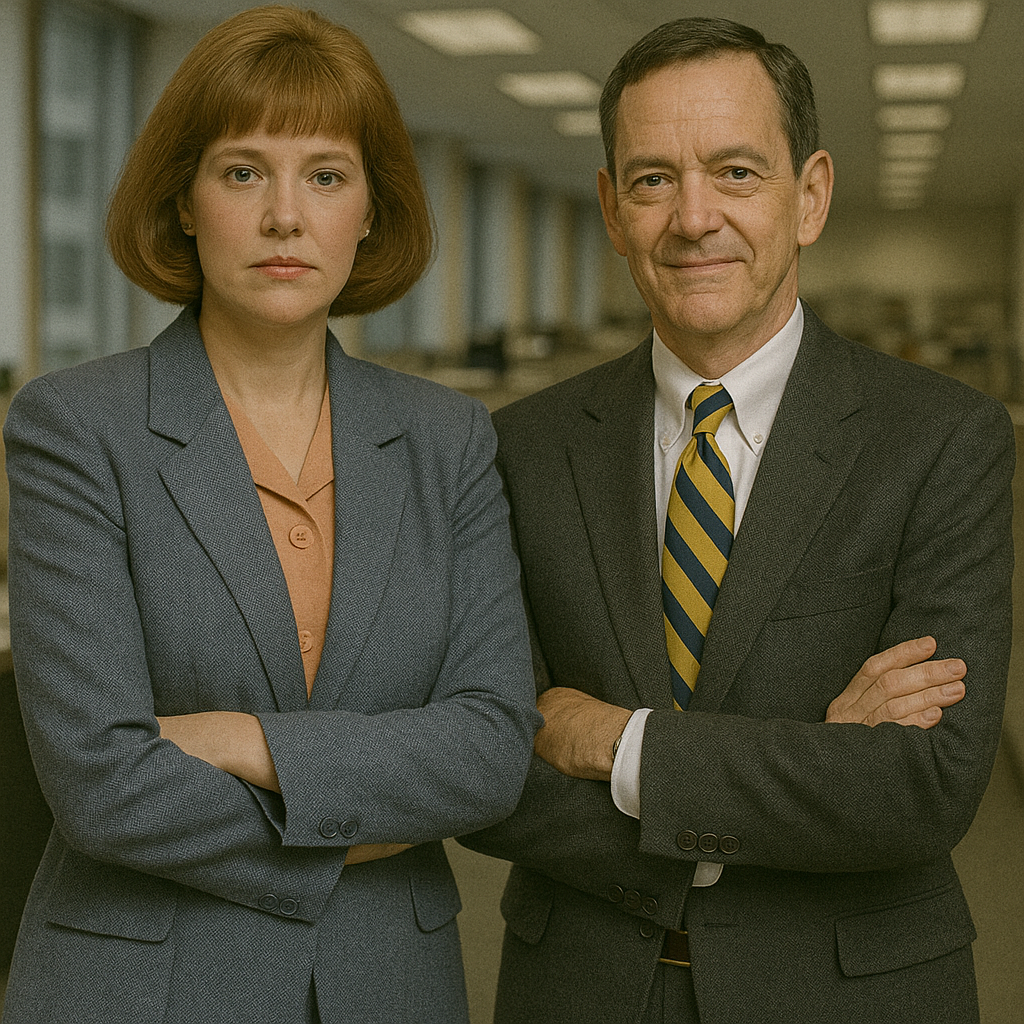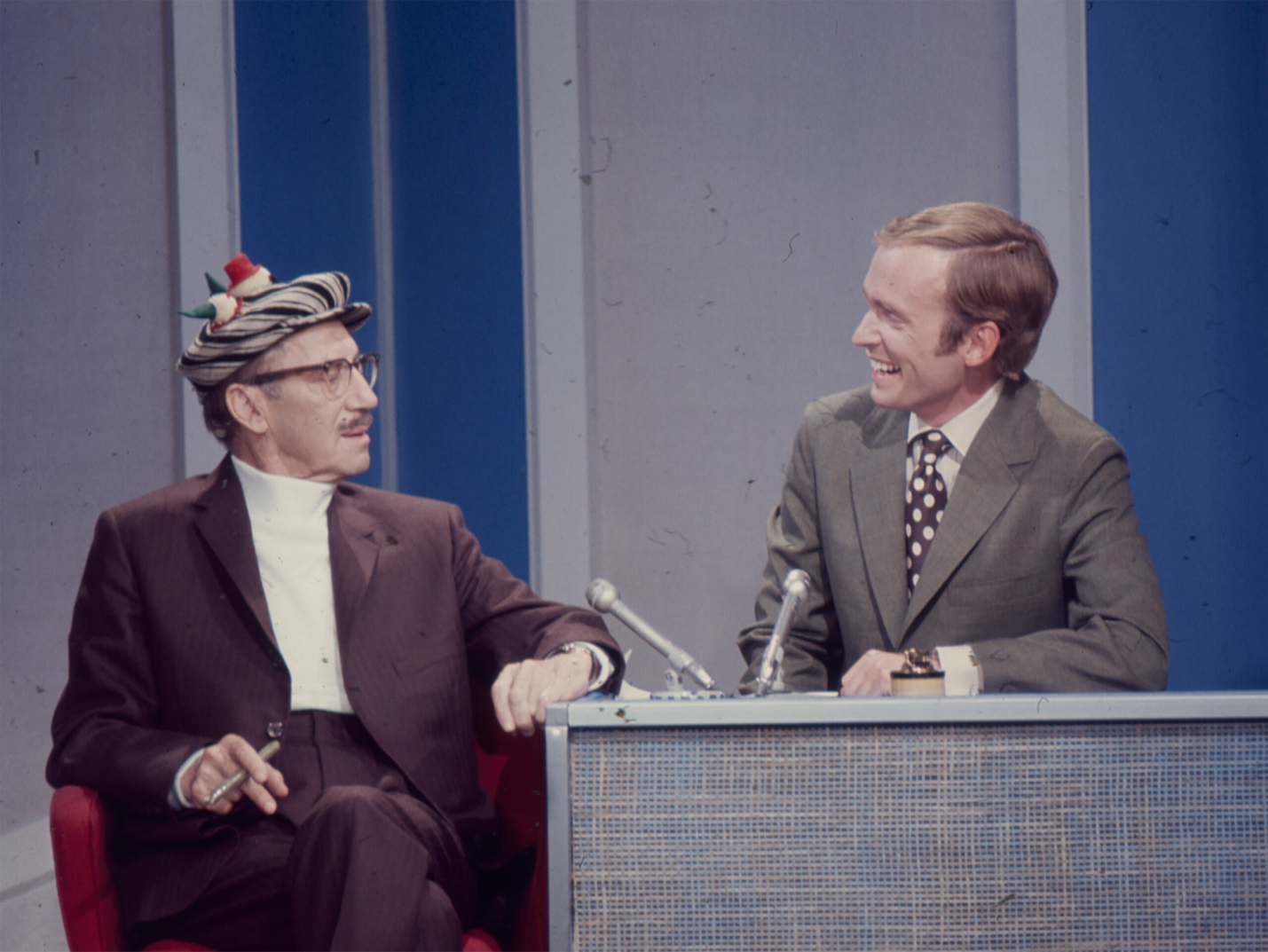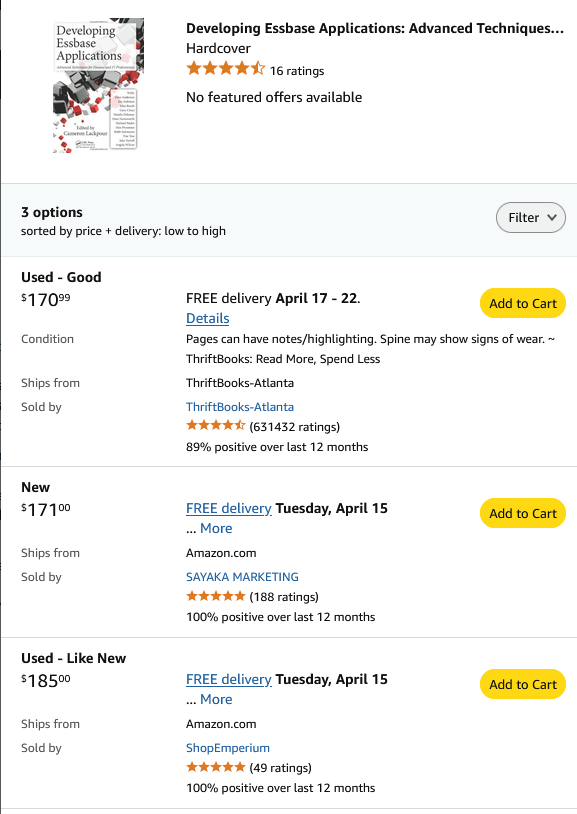One of Four
In my so-called career, I’ve known four geniuses: one evil, one chaos made flesh, and two nice; Dan is in the last group.
There are many theories around what makes someone a genius; I define it as the ability to make connections where others cannot see them. Dan is professionally (at least in EPMland) best known for his deconstruction of ASO Essbase, understanding its architecture and fundamentals, and how to optimise it.
If you were in this session at Kscope 2010, you know just what I’m talking about:
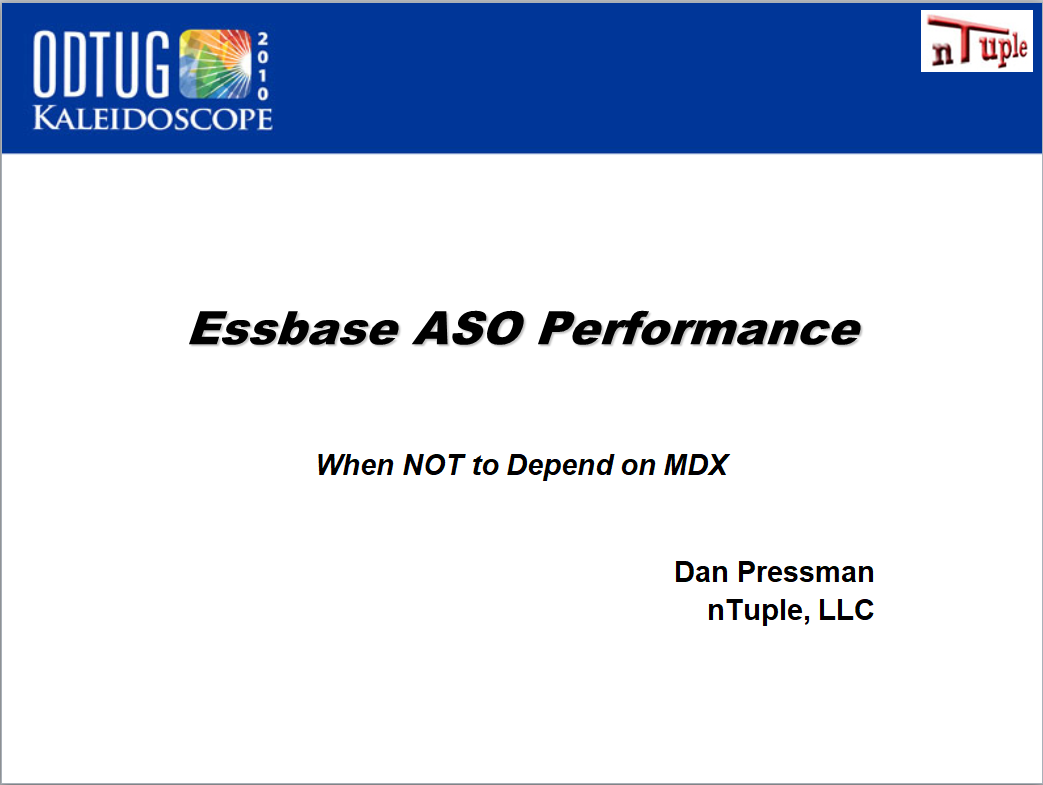
I was sort of slack jawed by the end of the presentation. How on earth did he figure this out? BSO Essbase’s architecture was (and is) fully documented. Thank Arbor Software. The same was (and still is) not true for ASO Essbase. Thank (or don’t) Hyperion Solutions.
Dan took apart ASO Essbase, hypothesising, testing, rejecting, confirming, and simply intellectually beating the product halfway to death to mirror Codd’s 12 rules for OLAP. His work revolutionized (and made my life considerably easier amongst many others) ASO Essbase theory and practice.
If you weren’t there and you practice Essbase, you probably have a copy of this:
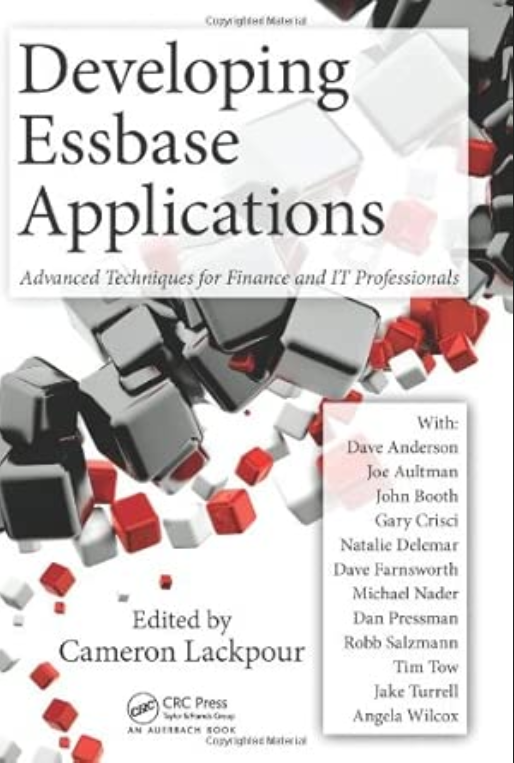
You can still (it came out in 2012!) buy it here on Amazon. One day Oracle will change the architecture behind ASO Essbase (maybe this has already happened – I’m out of that space now), but until then, and maybe even in future if they mimic the way ASO works/worked, Dan’s chapter is the place to be.
Listen to the podcast and hear how Dan did it and of course more back story of a fascinating man in an equally fascinating industry across time.
Part 1 of 2
In editing (and yes, I did it this time round and yes, I’m not very good at it as you’ll hear glitches in the recording – sorry) an episode, there’s always a temptation to cut content to fit an hour long format for brevity. However, EPM Conversations is about, well, conversations and if you were sitting in a coffee shop with Dan, you’d want to know a bit about his personal life – that’s more in the second part although you’ll get a good feel for him in this episode as well.
Be seeing you.

